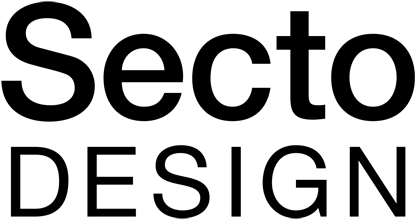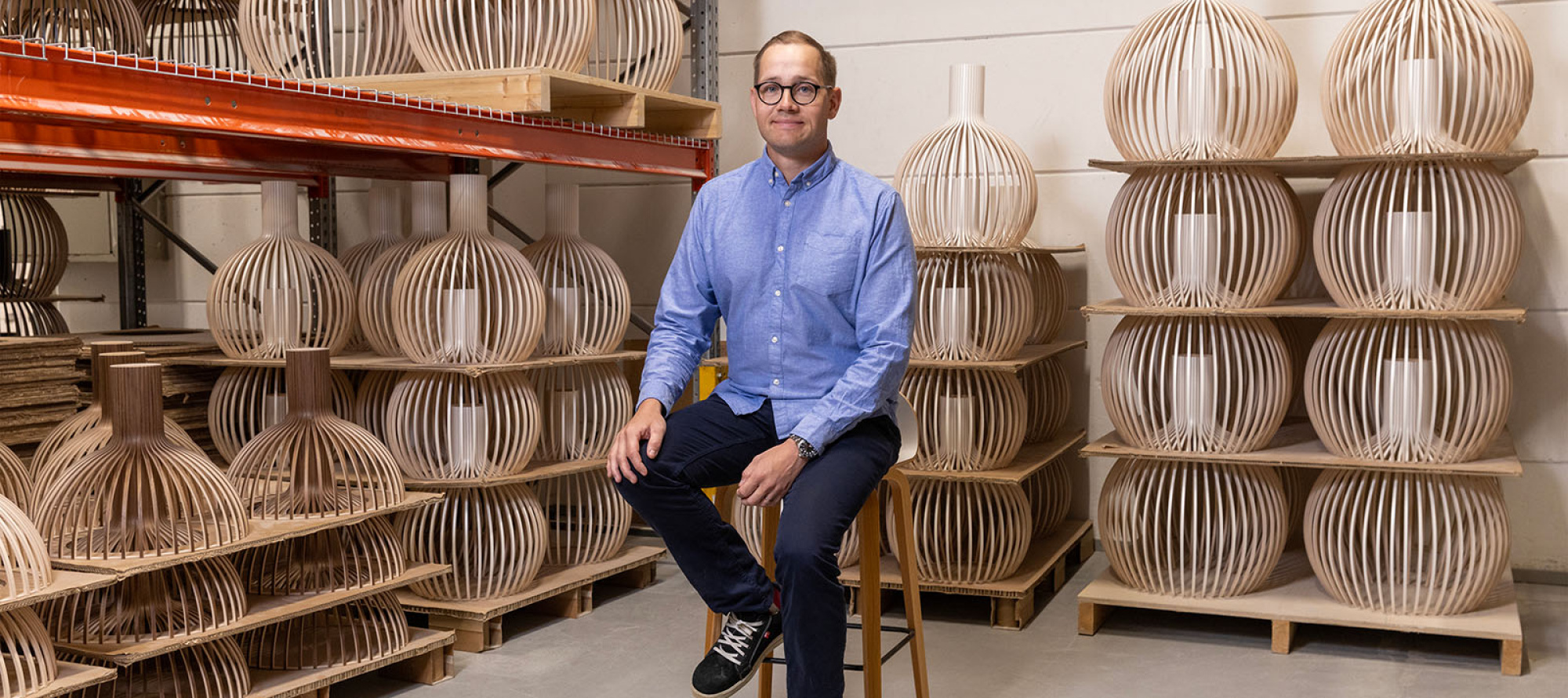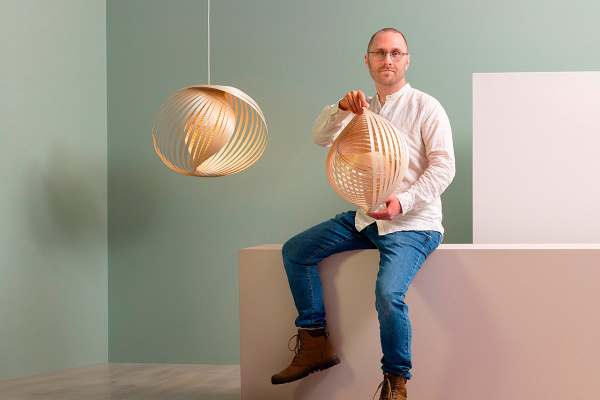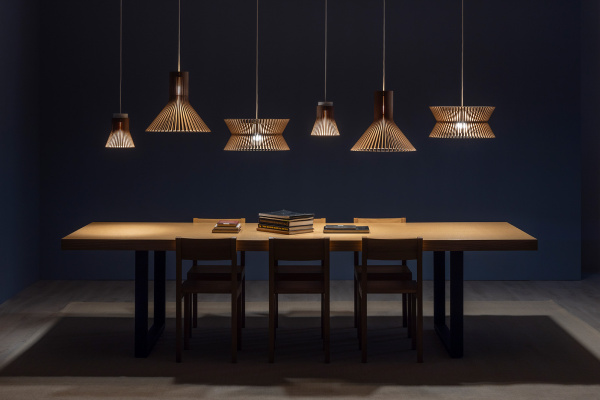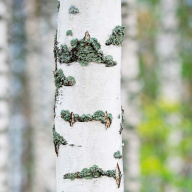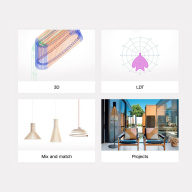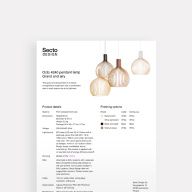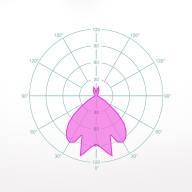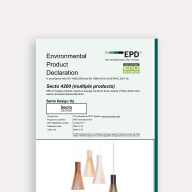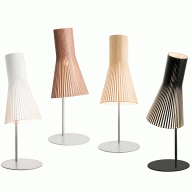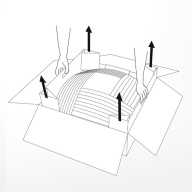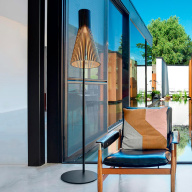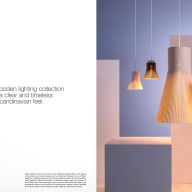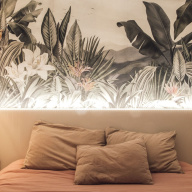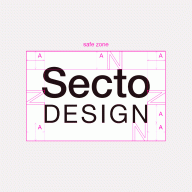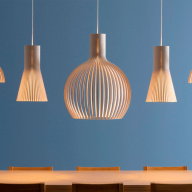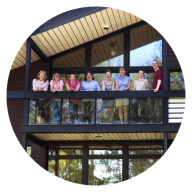The story behind our Life Cycle Assessment
What kind of world do we want to live in? This is a question that is often on the mind of Joakim Jusélius, the owner of Secto Design and second-generation entrepreneur. It was on his mind while backpacking across Asia where he went diving to remove plastic from the ocean. It was also on his mind when living in London where people would grow herbs on their roof, but had no scruples about dumping huge amounts of food in the trash.
These experiences have shaped Joakim’s thinking and attitudes towards sustainability and what it means. Another powerful influence was growing up as the son of Tuula Jusélius, the founder of Secto Design.
“Ever since I was young, my life has revolved around wood. I have been raised to believe that none of it should be wasted or thrown away. I also believe that companies, just like people, should do good things in this world.”
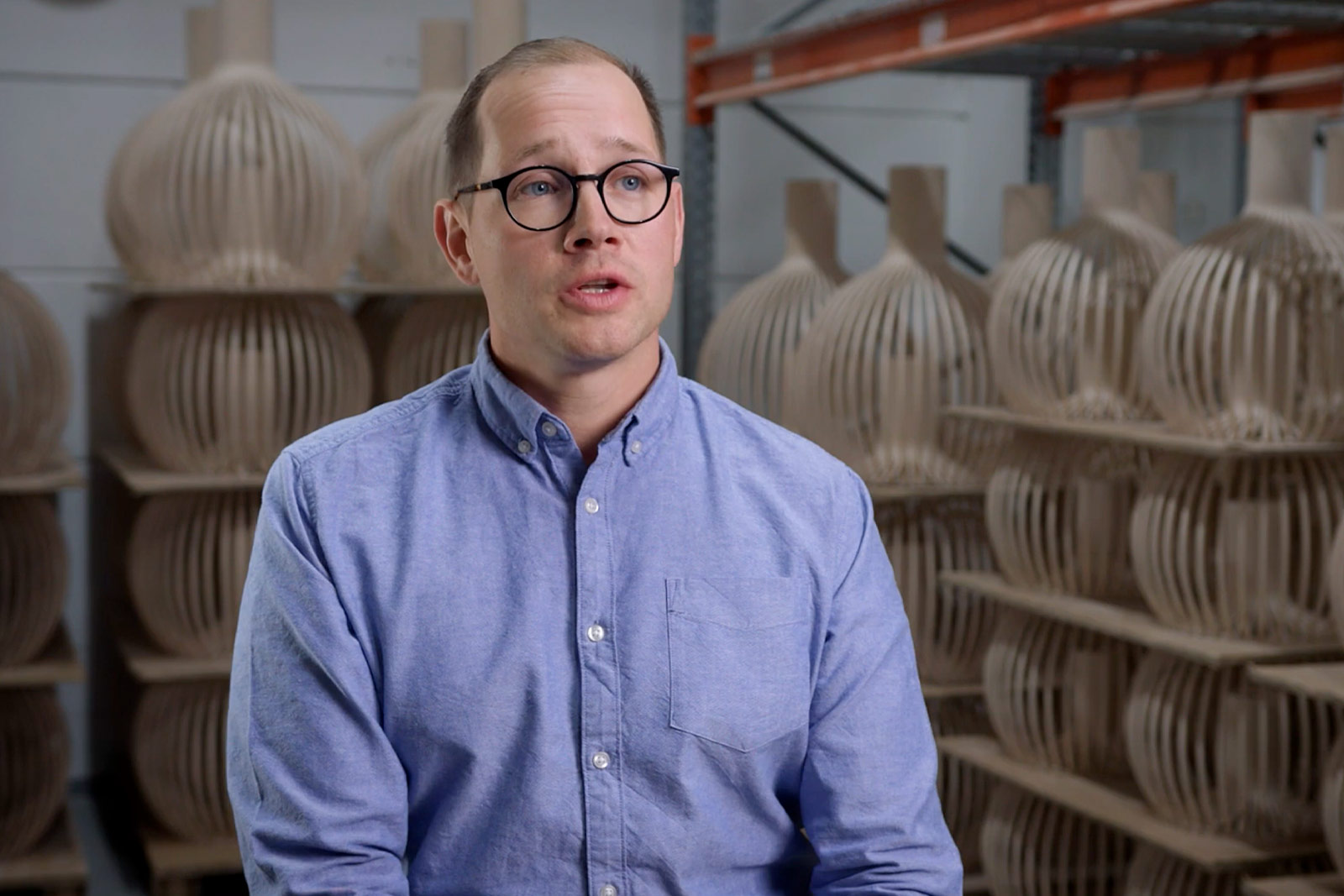
Joakim Jusélius believes that it is important to base sustainability measures on facts. “The target is to reduce our impacts, and to do this, we want to focus on both the biggest and the most realistic ones.”
Sustainable thinking has been at the core of Secto Design from the very beginning. We manufacture premium lamps with a design built to last for generations. Our products are made from Finnish PEFC certified birch, which is a renewable, carbon-binding material. The products are also responsibly made in Finland, at our factory in Heinola.
Joakim Jusélius sums up the ideology behind the sustainability efforts of Secto Design in three words: think, act, verify. The longer version goes like this: think sustainably, act sustainably and then verify the results and impacts.
Secto Design decided to focus on the verify part in 2022 when, under Joakim Jusélius, the Life Cycle Assessment (LCA) project was launched. The aim was to accurately assess and verify the full impact of the products and the production of Secto Design. This was an enormous task for a small design company.
One of the reasons for starting such a huge LCA project was common sense. Secto Design lamps are exported to over 80 countries, each with their own environmental certificates and labels. It is virtually impossible to keep up and apply for separate labels for each country.
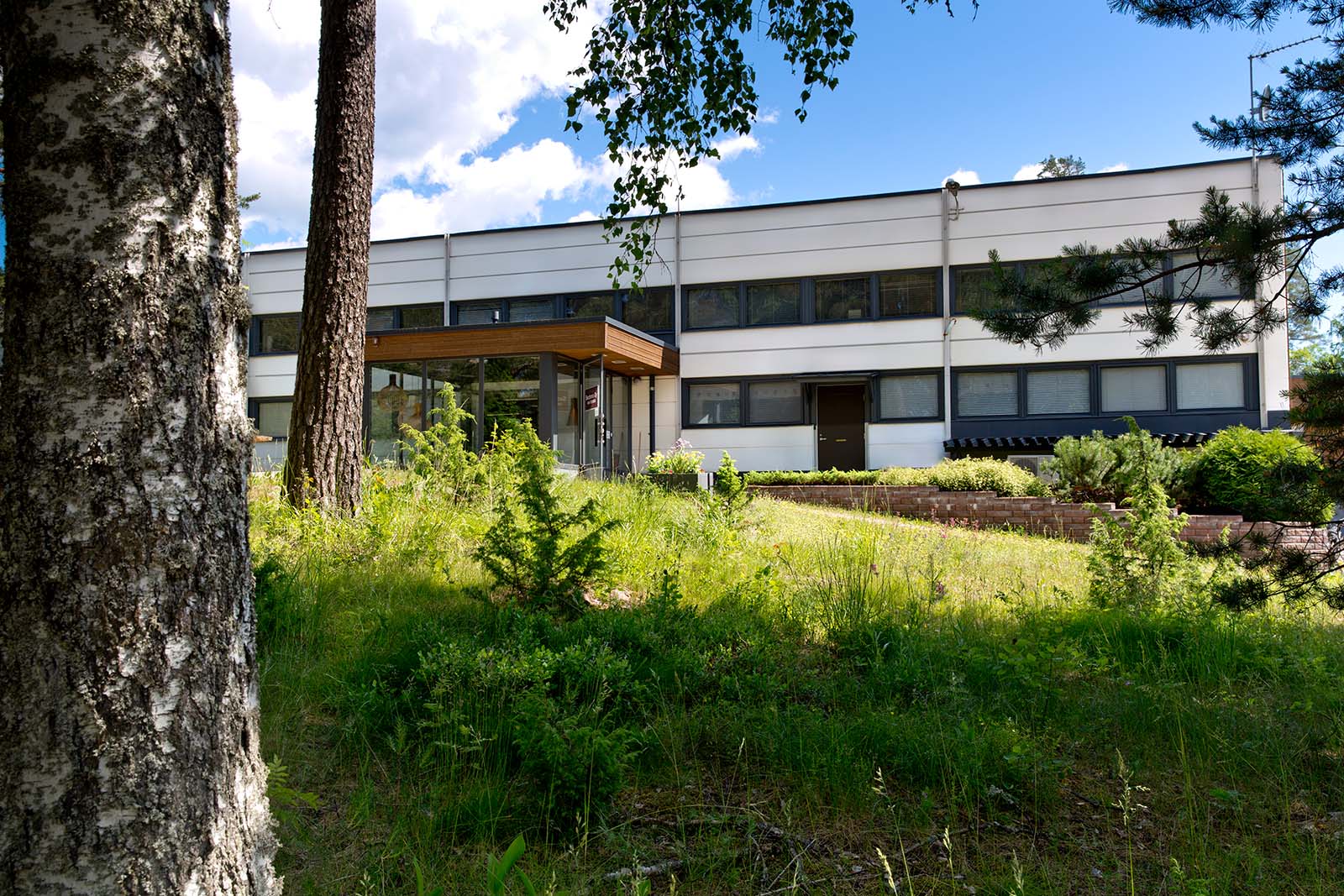
The goal of Secto Design is to achieve carbon negativity in production by 2029.
“We decided to conduct an extremely thorough Life Cycle Assessment and gather all the figures that are the same across the world. The LCA lays the groundwork for pursuing fact-based, transparent sustainability efforts. For example, we have now published the Sustainability report 2023 and later on, we will publish Environmental Product Declarations for most of our products," says Joakim.
According to Joakim Jusélius, the LCA project has opened eyes and also transformed operations in many ways. Without data, you might easily think that the bin in the factory canteen, for example, is a minor, insignificant detail. But when you look at the big picture, it is quite the opposite. As a result of the project, we reorganised the waste treatment and recycling process at our factory.
We will do the same with the heating system of the factory building. The facility has gas heating, but we will replace this with geothermal heating and solar panels by the end of 2025. In our head quarter, we already use geothermal heating.
“When we saw the precise CO₂ calculations, we noticed that using gas to heat the factory has a significant impact on our facility-based emissions. Transitioning to geothermal heating and solar panels is relatively easy to do and will have a major positive effect,” says Joakim.
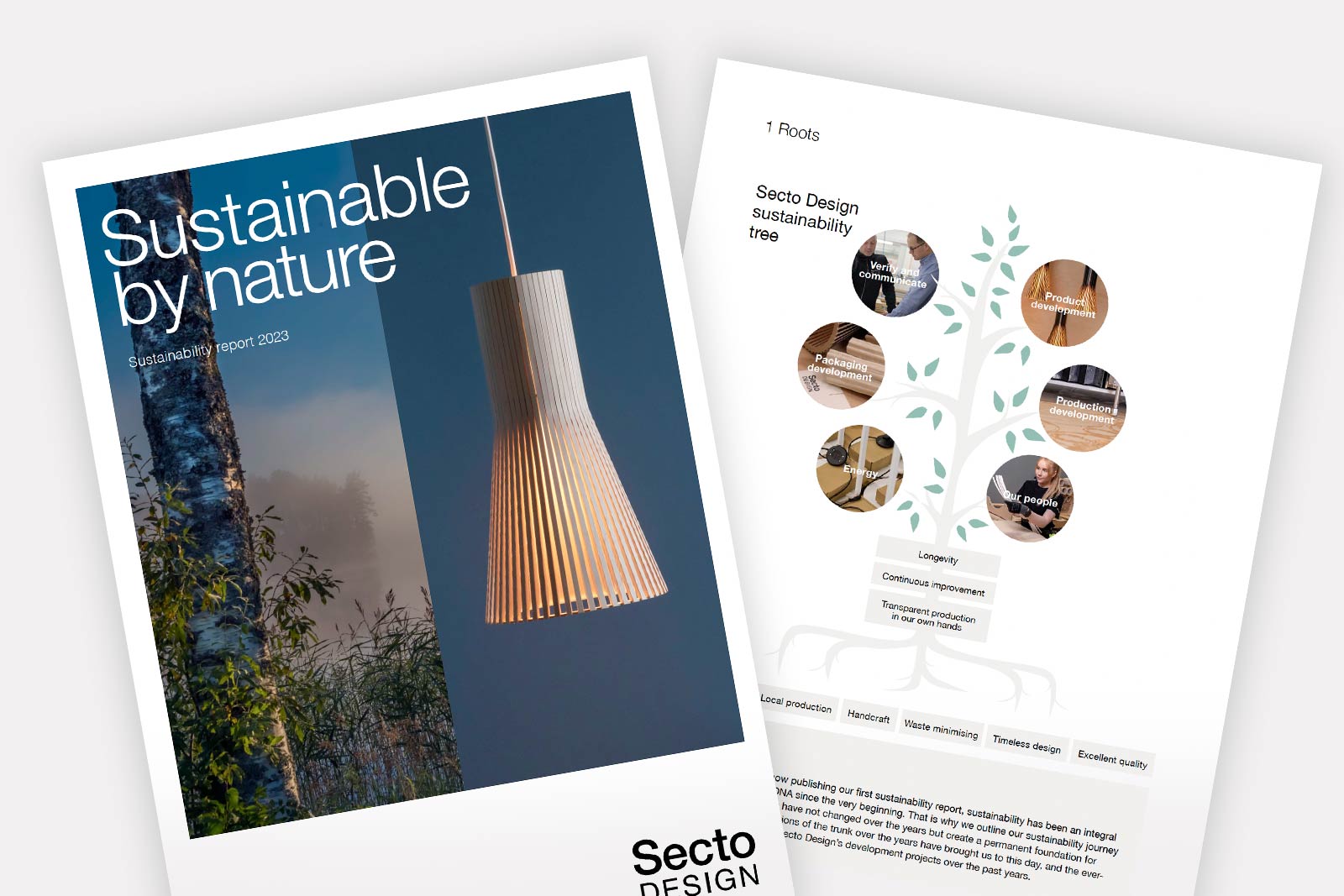
Secto Design’s Sustainability report 2023 includes the results of our LCA project.
Joakim Jusélius points out that while the LCA project has been important, it has also been a significant investment for the small company, costing hundreds of thousands of euros. In addition to money, Joakim and many of his colleagues at the office and the factory have spent tireless hours collecting, inputting and processing data and outputting results. This has also involved replacing the company’s entire ERP system in order to present the data in a form that can be utilised.
“When we started this project, we thought it would be over within a year. Now, two and a half years later, the first LCA report is ready. We are extremely proud of our team for all the effort they have put into this project. Not once have we had to question whether these efforts are worth it. It has been wonderful to see that our team is made up of people who have the will to think things anew and develop processes.”
Joakim Jusélius wants Secto Design to lead the way when it comes to sustainability. He hopes that our efforts will pave the way and raise the bar for other lighting companies as well.
“We are constantly searching for new ways to improve our performance regarding sustainability. In the end, it all comes down to the kind of world we want to live in,” says Joakim Jusélius.
In the video Sustainable by nature, Joakim describes how sustainability has always been a core principle for Secto Design. He also talks about our LCA project and future goals.
